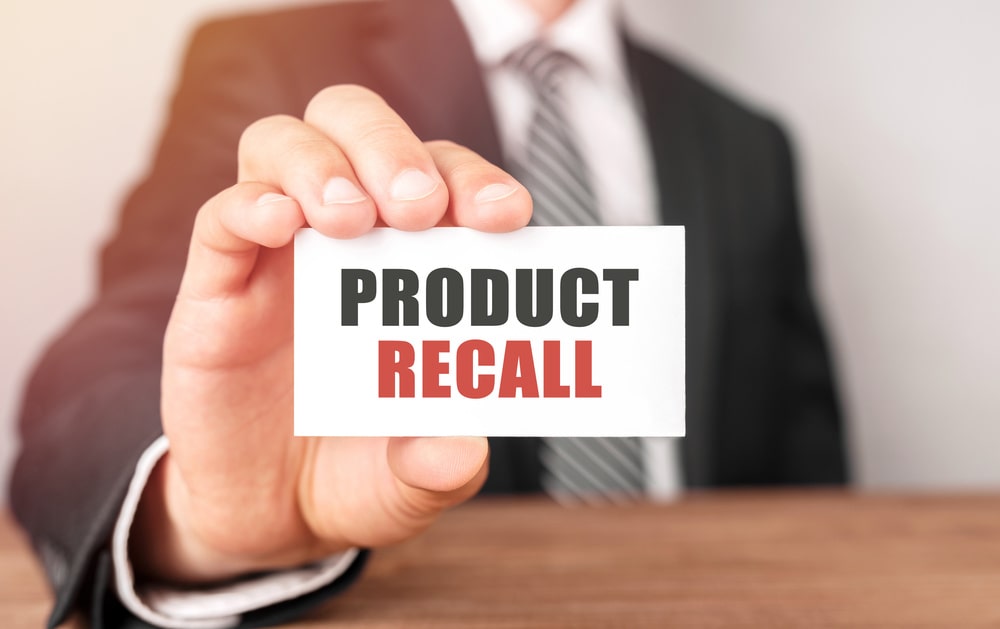HOW MUCH DOES COMMERCIAL TRUCK INSURANCE COST IN 2024?
IN THIS BLOG
HOW MUCH DOES COMMERCIAL TRUCK INSURANCE COST IN 2024?
WHAT IS COMMERCIAL TRUCK INSURANCE?
WHAT DOES BUSINESS TRUCK INSURANCE COVER?
TYPES OF COMMERCIAL TRUCK INSURANCE
FACTORS THAT AFFECT COMMERCIAL TRUCK INSURANCE COSTS
WHAT IS THE AVERAGE COST OF COMMERCIAL TRUCK INSURANCE IN 2024?
Your commercial truck insurance cost are affected by many factors, including the type of truck, the goods carried, the risks incurred, and the number of years’ experience the driver has. Commercial Auto Insurance is an essential coverage for business owners and owner-operators offering commercial trucking services. Costs of your semi-truck insurance premium vary on each insurance company, but here’s an average insurance cost that you should expect to pay.
- An owner-operator that lease a motor carrier, the average semi-truck insurance costs are between $2,000 and $4,000. This largely depends on the value of your truck since you’ll mainly need physical damage and bobtail insurance.
- An Owner Operator with their own authority and a couple of years of good clean driving, the average cost is $9,000-$15,000 per truck.
- For new authorities, semi-truck insurance policies are usually costs between $12,000 and $18,000.
The best way to save big on your semi-truck insurance is to compare quotes from various insurance companies. Let NEWS Insurance Services, Inc. help your company identify what kind of coverage you need. In addition, we will search for a policy that well-suits your company’s niche within the commercial trucking industry.
WHAT IS COMMERCIAL TRUCK INSURANCE?
Commercial truck insurance is a specialized form of insurance coverage that protects trucking businesses, businesses with trucks, or independent truck drivers. Also known as owner-operator insurance, it is a policy that covers injuries or damages to other parties. Business truck insurance is similar to commercial auto insurance, but it provides coverages for trucks rather than cars.
WHAT DOES BUSINESS TRUCK INSURANCE COVER?
1. COMMERCIAL TRUCK LIABILITY INSURANCE
Covers your liability risks in the event a covered vehicle causes injury or death to another person. Your commercial truck liability will include bodily injury liability covers expenses related to medical costs, lost wages, sickness, death for an injured third party. In addition, commercial truck liability provides coverage in the event a covered vehicle causes property damage in an accident. Commercial truck liability insurance will typically cover legal defense costs related to claims against covered damages, whether or not your company is found to be at fault in an accident.
2. PHYSICAL DAMAGE COVERAGE
Physical Damage Coverage Covers the costs of damage to your vehicle from an accident or other incidents. This coverage includes collision coverage — protection for your car if it is damaged in an accident. Also, physical damage coverage also includes comprehensive coverage — covers damages from theft, vandalism, and “other than collision” causes.
3. UNINSURED/UNDERINSURED MOTORISTS COVERAGE
Protects you and your property after an accident when an at-fault driver does not have adequate coverage to pay for your injuries and property damage.
TYPES OF COMMERCIAL TRUCK INSURANCE
1. BOBTAIL TRUCK INSURANCE
Bobtail insurance, commonly known as “bobtailing” covers you and your semi-truck for bodily injury and property damage when you’re not hauling a trailer or other load. This usually occurs when an owner/operator is outside the scope of his lease agreement with the motor carrier.
2. NON-TRUCKING LIABILITY INSURANCE
This is an insurance coverage if you use your truck for personal use or non-business purposes. Non-Trucking Liability Insurance offers you liability coverage for property damage or bodily injury to a third party.
3. PHYSICAL DAMAGE TRUCK INSURANCE
Provides coverage that includes Collision insurance, as well as your choice of full Comprehensive insurance or the more limited Fire and Theft with Combined Additional Coverage (CAC) insurance.
4. CONTINGENT LIABILITY INSURANCE
Coverage that protects a motor carrier should an independent contractor claim to be an employee and tries to collect workers’ compensation from your policy. Contingent liability insurance helps you defend your lease agreement, and covers reimbursements should the worker win his settlement. Remember, contingent auto liability policy typically protects only the lessor, the owner of the vehicle.
5. OCCUPATIONAL ACCIDENT TRUCK INSURANCE
Occupational Accident Truck Insurance provides benefits similar to workers’ compensation but is specifically designed for independent contractors/owner-operators. OCC offers benefits to independent contractors and employees who are not covered under a workers’ compensation policy. Coverage can help pay for accidental death & dismemberment, medical expenses, and disability in addition to other types of available coverages.
6. MOTOR TRUCK CARGO INSURANCE
Motor Truck Cargo Legal Liability Insurance, more commonly referred to as “Cargo Insurance,” covers losses or damage to the commodities the trucker is hauling while they are being transported. It covers your liability for cargo that is lost or damaged due to causes such as fire, collision, or striking of a load.
7. TRUCKING UMBRELLA INSURANCE
Trucking Umbrella Insurance is an essential coverage option for truckers and trucking fleets. Umbrella Insurance protects your business from holes or limits in existing policy coverage as well as from financially draining lawsuits.
FACTORS THAT AFFECT COMMERCIAL TRUCK INSURANCE COSTS
Insurers consider many different factors when they’re calculating premiums for commercial trucking policies. Here are a few of the factors insurers consider when determining semi-truck insurance costs:
- Truck value
- What you haul
- Type of truck cargo
- Driving distance
- Ownership status
- Loss history
- Coverage limits
- Your credit history
- Deductible amount
- Your payment plan — whether yearly, monthly or per policy period
- The driver’s age and their experience with a commercial driver’s license
Every insurance company rates each of these factors differently, offering different insurance packages. Once you understand what type of insurance you need and what coverages it includes, it helps to compare prices from different policy plans and then make your decision. If you don’t want to spend time comparing individual carriers, you can work with our independent insurance agency to compare quotes quickly.





